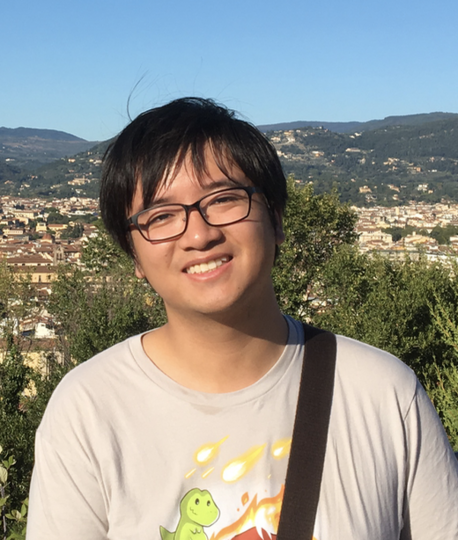Error-and-Erasure Staircase Codes
Alvin Sukmadji
University of Toronto
In the past few years, there has been considerable interest in staircase codes, a family of spatially-coupled, algebraic, iteratively-decodable error-correction schemes, that are particularly well suited for application in high-speed optical transport networks. Recent work has shown that staircase codes can profitably be concatenated with a simple soft-decision inner code such as a low-density generator-matrix (LDGM) code or a low-density parity-check (LDPC) code. These concatenated schemes achieve state-of-the-art error-correction performance while maintaining extremely low decoding complexity.
In this project we propose to investigate the use of error-and-erasure decoding in the staircase decoder. Whereas the conventional interface to a noisy channel expected by as staircase code is binary {0,1}-valued, we wish to investigate a ternary {0,1,?}-valued interface. Here the '?' symbol denotes a so-called "erasure," appropriate for symbols where the decoder cannot reliably decide between 0 and 1. It is well-known that error-and-erasure decoding can achieve improved performance with small increase in decoding complexity. We would like to study how a soft-decision decodable code, such as an LDGM or LDPC code, can appropriately declare erasures (for the less reliable bits) in concatenation with an outer staircase code.
Alvin received his Bachelor of Applied Science (with High Honours) in Electrical Engineering and Minor in Mathematics from the University of Toronto, Canada in 2017. He is a second-year Master's student under the supervision of Frank Kschischang at the University of Toronto. Alvin is currently visiting Technical University of Munich on August-November 2018 under the Canada Graduate Scholarship - Michael Smith Foreign Study Supplements (CGS-MSFSS) Program. His research interests include coding theory, information theory, and machine learning
